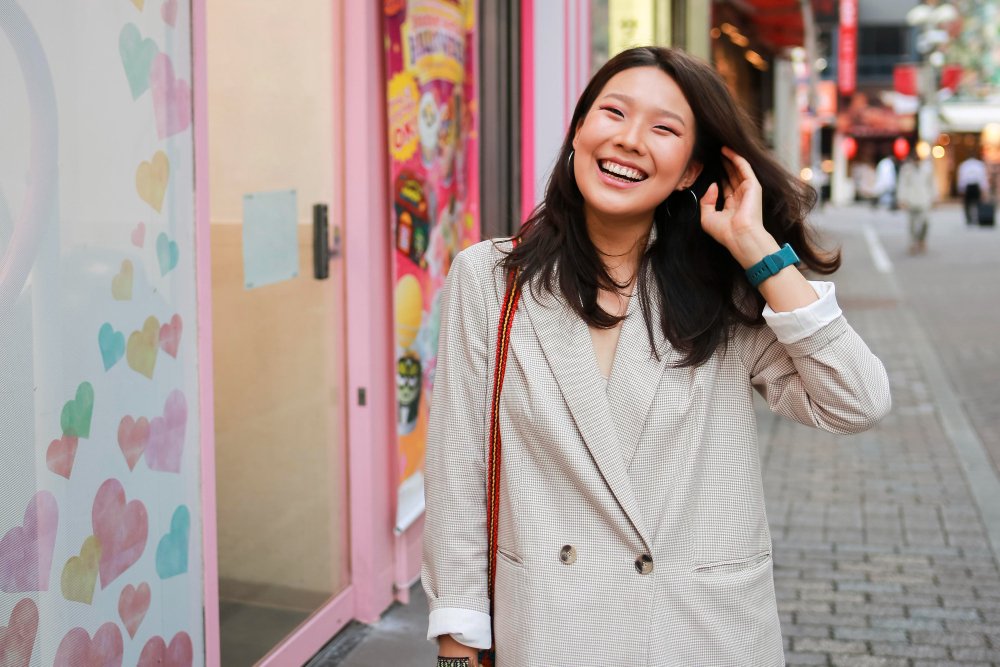4B Movement: Saying No To Men
Tanvir Bhamra
May 2024
Korea is known for its rich culture, from its delectable cuisine and captivating architecture to irresistible dramas and K-pop. Yet in the bustling streets of Seoul and beyond, women take a stand for themselves to change feminism in South Korea. Many women in Korea find that, while many other parts of the world are moving towards greater gender equality and human rights, Korea does not match that progressive nature. The severity of violence towards women has drastically increased, involving acts of rape, murder, sexual harassment at work, and domestic abuse[1]. These atrocities are what pushed the women of Korea to take situations into their own hands, thus birthing the 4B Movement.

This movement started in 2019, representing women’s complete refusal of their male counterparts with the four B’s: 비혼 (bihon): no marriage, 비출산 (bichulsan): no childbirth, 비연애 (biyeonae): no relationships, and 비섹스 (bisekseu): no sex[2]. This movement is not only directed towards defying men’s disrespect but also the gender-based government they live in, an ultimate symbol of how women are no longer dependent on men like they once were back when they were second-class citizens.
However, these actions of isolating the ideology of a modern woman and the century-old traditional roles have consequences. One of these is Korea’s declining birthrate, which is also affected by its high living costs and the low wages women receive [3]. The economic and social pressures further fueled the 4B Movement, and the women of Korea have turned to social media apps like TikTok, inspiring other countries to start their own movements[3].
Public opinion on the 4B Movement is sharply divided; Korean women with first-hand experience with dating and gender discrimination are supportive of the movement, while those with more traditional outlooks on life are more skeptical about the matter[2]. Meanwhile, most Korean men are against the whole movement due to their expectations of receiving traditional roles and being accustomed to pampering. Either way, those taking the initiative or supporting the movement often get ridiculed online or in person[2].
The future of the 4B Movement remains uncertain, but its influence is undeniable. As its principles inspire the younger generations, causing more women to join the movement, it drives a shift in social attitudes, challenges the status quo, and advocates for a new vision of womanhood free of systemic oppression.
References
[1] Moon, K. H.S. (2022, December 9). South Korea’s misogyny problem. East Asia Forum. Retrieved May 14, 2024, from https://eastasiaforum.org/2022/12/09/south-koreas-misogyny-problem/
[2] Sussman, A. L. (2023, March 8). A World Without Men: Inside South Korea’s 4B Movement. The Cut. Retrieved May 15, 2024, from https://www.thecut.com/2023/03/4b-movement-feminism-south-korea.html
[3] Zimmermann, B. (2023, August 8). South Korea’s 4B Movement Lowers the Birth Rate in a Fight for Gender Equality — THE INTERNATIONAL AFFAIRS REVIEW. THE INTERNATIONAL AFFAIRS REVIEW. Retrieved May 16, 2024, from https://www.iar-gwu.org/blog/iar-web/south-koreas-4b





